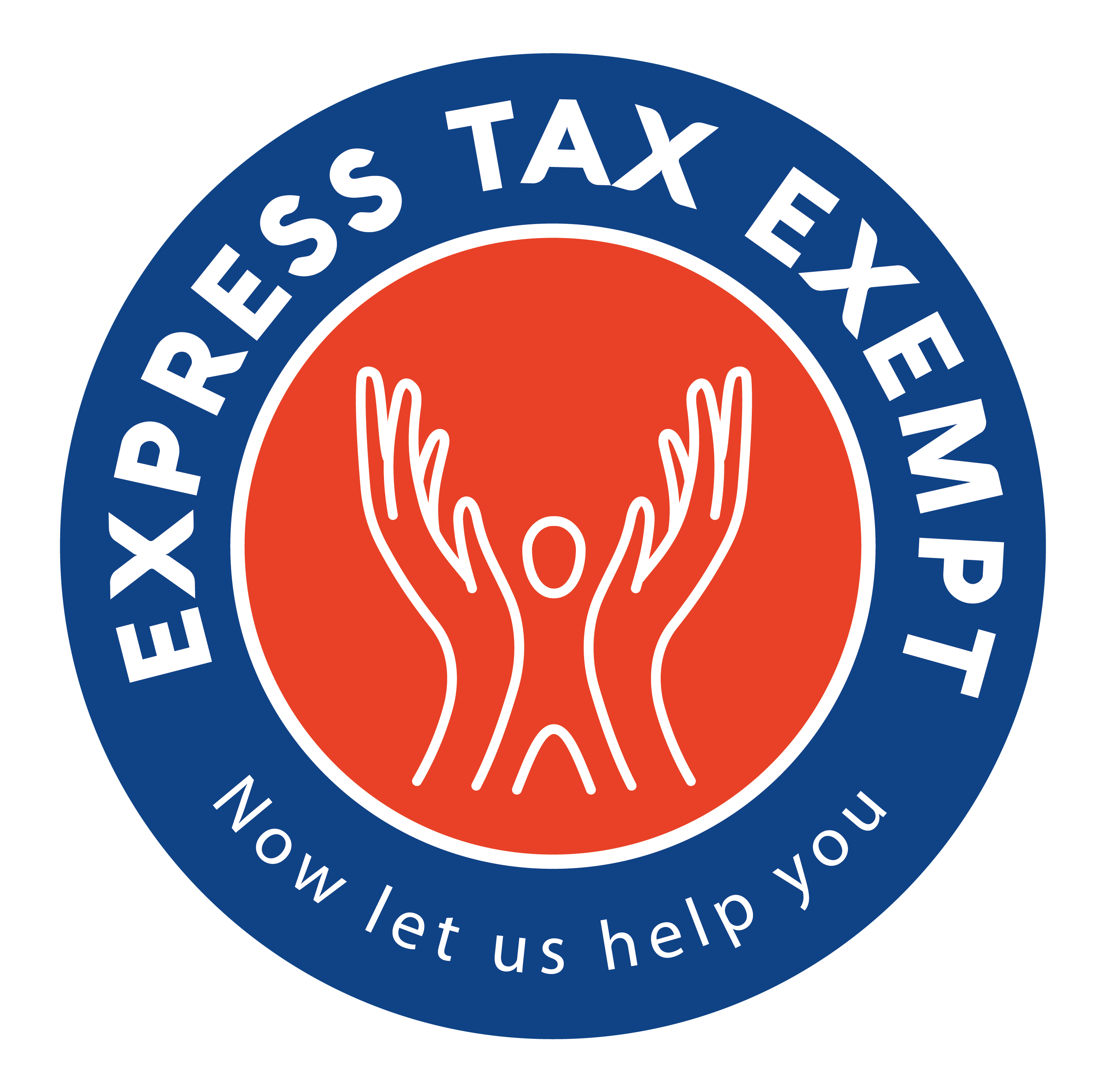How to Report Lobbying Expenditures on IRS Form 990/990-EZ
- Participate in lobbying activities
- Have a Section 501(h) election in effect during the tax year
- Engage in political campaign activities either on behalf or opposition to candidates for public office
Public charities with valid section 501(h) elections can spend a certain amount of its exempt purpose expenditures to influence without paying taxes or losing exemption status. Part II-A of the Schedule C allows any nonprofit organization with a 501(h) election in effect to report lobbying expenditure – even if the organization didn’t engage in lobbying activities for that filing year.
Affiliated Groups
The first section of Part II-A confirms whether the filing organization belongs to an affiliated group with Box A. If so, you need to complete both columns for this section:
- Column A for the filing organization’s totals
- Column B for the affiliated group totals
Tax-exempt groups with limited control provisions need to check Box B and should only complete column A for this section. Organizations that don’t check Box A should not check Box B either.
Later, in Part IV, you can provide a list of each affiliated group member’s name, address, EIN, and expenses. You also need to indicate which members made the election under 501(h), and include the share of the excess lobbying expenditures for each electing member on your list.
Limits on Lobbying Expenditures
The second section is to determine if your organization’s current year lobbying expenditures are subject to tax under section 4911. If so, the IRS requires you to file Form 4720 and pay the excise tax. Complete Lines 1a through 1i in Column A, and any for Column B, if applicable.
For Line 1a, enter the amount the organization spent on grassroots lobbying communications, and then for Line 1b, enter the expense for direct lobbying communication. Add Line 1a and 1b to get your amount for Line 1c. Enter all other amounts, minus lobbying, that your organization spent to achieve its exempt purpose. And then add Line 1c and 1d to get Line 1e, which is the organization’s total exempt purpose expenditures.
Follow the table provided on the Schedule C to answer Line 1f and enter 25 percent of that amount on Line 1g. For Line 1h, subtract your value of Line 1g from Line 1a – if there is a negative difference, just enter zero. On Line 1i, subtract Line 1f from Line 1c and put zero if the amount is negative.
If you don’t have any excess lobbying expenditures on Line 1h or 1i for Column B, you should treat each electing member of the affiliated group as having none. But if there are amounts listed for Column B on those lines, then each electing member has that amount for excess lobbying expenditures. In that case, the IRS requires each electing member to file Form 4720 and pay the tax on its share of the affiliated group’s excess lobbying spending.
Lobbying Expenditures During 4-Year Averaging Period
Line 2 is to determine whether your organization exceeded lobbying spending limits during a 4-year averaging period. Any exempt organization with a lobbying expenditure election in effect during the filing year must complete Columns A through E for Lines 2a through 2f except for the following circumstances:
- If the filing year is the first year the organization is tax-exempt, you won’t need to complete any of Lines 2a through 2f
- If any of the tax years were before the organization became exempt, you wouldn’t need to complete Lines 2a through 2f
- If the filing year is the first year the organization has a section 501(h) election in effect, then you must complete Line 2a for Columns D and E
- If the filing year is the second or third year the organization’s first section 501(h) election is in effect, then you’re required to complete only the columns for the years the election was in effect and enter the totals for those years in Column E
Important: Check the Schedule C Instruction Sheet for more detailed information about these exceptions.
Complete Line 2a through 2f as follows for the filing year and applicable prior years based on the Schedule C for each respective year:
- Line 2a – Enter the amount from Part II-A, Line 1f
- Line 2c – Enter the amount from Part II-A, Line 1c
- Line 2d – Enter the amount from Part II-A, Line 1g
- Line 2f – Enter the amount from Part II-A, Line 1a
Once you finish, you need to enter the total for each line in Column E. If your organization belongs to an affiliated group, you should input the appropriate group totals from Column B, Lines 1a through 1i when entering Line 2a through 2f. If you have any questions regarding details about your organization’s section 501(h) election, spending limits, or affiliated groups, please contact a tax professional or reach out to the IRS Tax-Exempt Hotline at 877.829.5500.
Related Posts
-
 ExpressTaxExempt Wishes You All A Happy Thanksgiving!
No Comments | Nov 22, 2016
ExpressTaxExempt Wishes You All A Happy Thanksgiving!
No Comments | Nov 22, 2016 -
 990-EZ | 990-N (e-Postcard) – Which to E-File?
No Comments | Sep 1, 2015
990-EZ | 990-N (e-Postcard) – Which to E-File?
No Comments | Sep 1, 2015 -
 5 Key Points for a Nonprofit Community Impact Statement
No Comments | Sep 13, 2016
5 Key Points for a Nonprofit Community Impact Statement
No Comments | Sep 13, 2016 -
 5 Stages of Exempt Organizations
No Comments | Jan 14, 2016
5 Stages of Exempt Organizations
No Comments | Jan 14, 2016

